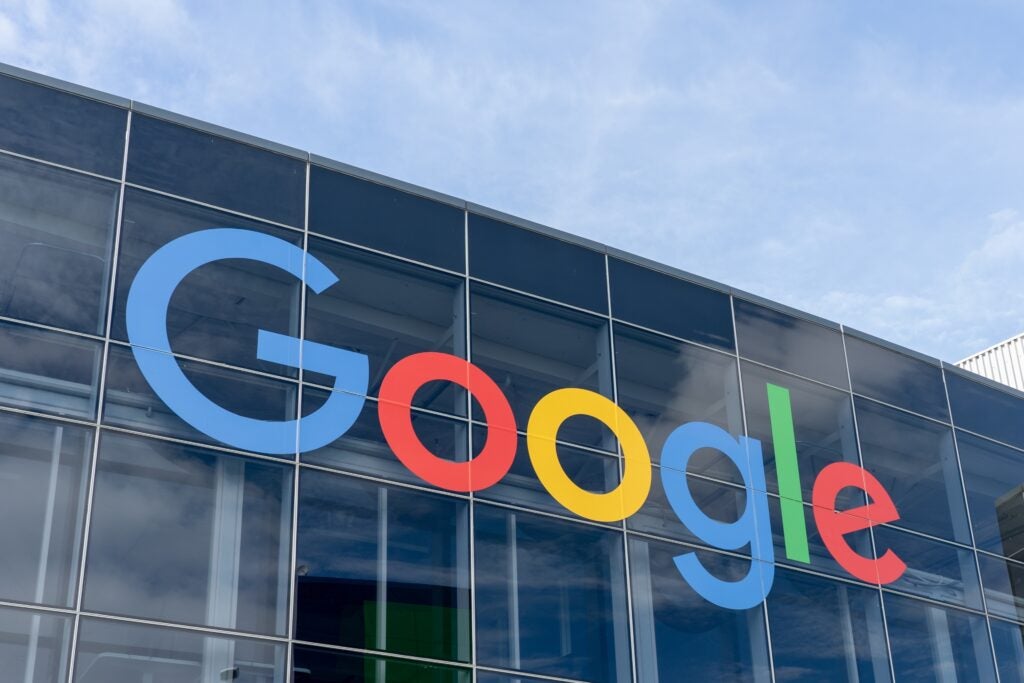Analyst Predicts Alphabet’s Value Could Soar to $3.7 Trillion with Google Breakup
In a bold forecast shaking the tech industry, a top Wall Street analyst projects Alphabet Inc.’s market capitalization could skyrocket to $3.7 trillion—nearly double its current value—if the company executes a radical “Big Bang Breakup” spinning off Google’s core businesses into independent entities. The controversial analysis from Bernstein’s senior tech strategist, released this week, suggests that separating Google Search, YouTube, Android, and cloud divisions could unlock unprecedented shareholder value amid growing regulatory pressures.
The Case for a Tech Giant’s Radical Restructuring
Bernstein’s 48-page research report outlines how Alphabet’s current conglomerate structure may be suppressing its true valuation. The analysis estimates:
- Google Search alone could be worth $1.4 trillion as a standalone entity
- YouTube might command a $600 billion valuation
- Google Cloud could achieve $500 billion separate from infrastructure costs
- Other bets like Waymo and Verily might attract higher investment independently
“The sum of Alphabet’s parts could be worth 80% more than its current whole,” said lead analyst Mark Shmulik, who has tracked Alphabet for 12 years. “Investors are essentially getting Google Cloud for free at today’s valuation, while YouTube’s growth potential is being masked by search’s dominance.”
Regulatory Winds Fuel Breakup Speculation
The analysis emerges as Alphabet faces mounting antitrust challenges:
- The U.S. Justice Department’s ongoing lawsuit alleges Google maintains an illegal search monopoly
- EU regulators have hit Alphabet with €8 billion in fines since 2017
- New DMA rules force major platform changes starting March 2024
Former FTC chair William Kovacic warns: “The regulatory environment has shifted fundamentally. What seemed unthinkable five years ago—a forced breakup of Big Tech—now appears on policymakers’ radar as a legitimate remedy.”
However, Google’s leadership maintains its integrated structure drives innovation. “Our products work better together,” stated CFO Ruth Porat during last quarter’s earnings call, citing AI advancements that leverage combined data across services.
Market Reactions to the $3.7 Trillion Prediction
While Bernstein’s projection exceeds even the most bullish Wall Street targets, some investors find the math compelling. Alphabet’s stock rose 3.2% following the report’s release, adding $60 billion in market value.
“The analysis highlights what many active managers have suspected,” said TechGrowth Capital’s Maria Fernandez. “Alphabet’s current P/E ratio of 25 trails Microsoft’s 33 because markets penalize conglomerate complexity.”
Historical precedents suggest breakups can create value:
- AT&T’s 1984 breakup spawned seven “Baby Bells” that collectively outperformed the original
- EBay’s PayPal spinoff created 118% shareholder returns in three years
- GE’s recent splits have revived its stagnant valuation
The Counterarguments Against a Google Breakup
Not all analysts endorse the breakup thesis. Morgan Stanley’s Brian Nowak contends that Alphabet’s integrated data ecosystem provides competitive advantages that would disappear with separation.
“You can’t value YouTube like a standalone streaming service when 60% of its traffic originates from Google Search,” Nowak noted. “The network effects between Android, Chrome, and Google services create a moat that would evaporate post-breakup.”
Operational challenges also loom large:
- Shared infrastructure costs would need reallocation
- Cross-product advertising bundles drive 28% of revenue
- AI development currently leverages combined user data
What a Potential Alphabet Breakup Could Look Like
Bernstein’s proposal outlines a phased approach:
- Phase 1 (2024-2026): Separate Google Cloud with its own stock listing
- Phase 2 (2026-2028): Spin off YouTube as an independent public company
- Phase 3 (2028+): Evaluate splitting search, Android, and hardware divisions
This mirrors Microsoft’s playbook with its Activision acquisition—maintaining core businesses while letting subsidiaries operate semi-independently. However, Google’s case differs because its products share fundamental technologies like:
- The same AI/ML infrastructure
- Integrated ad tech stack
- Shared user identity systems
The Road Ahead for Alphabet Investors
With Alphabet’s board yet to comment on breakup possibilities, investors face key considerations:
- Regulators may force structural changes before 2025
- Activist investors could push for spinoffs if growth slows
- AI arms race may require keeping resources consolidated
“This isn’t just financial engineering—it’s about survival in the AI era,” cautioned Stanford business professor Amit Seru. “The companies that optimize their structures for innovation will dominate the next decade.”
As the debate intensifies, one thing appears certain: Alphabet’s future as a unified entity looks less guaranteed than at any point since its 2015 restructuring. Investors seeking to understand the implications should monitor two critical events—the DOJ trial’s September 2024 arguments and Alphabet’s Q4 earnings call, where breakup questions will likely dominate.
For deeper analysis on tech conglomerate valuations, subscribe to our premium market insights newsletter.
See more Business Focus Insider Team

